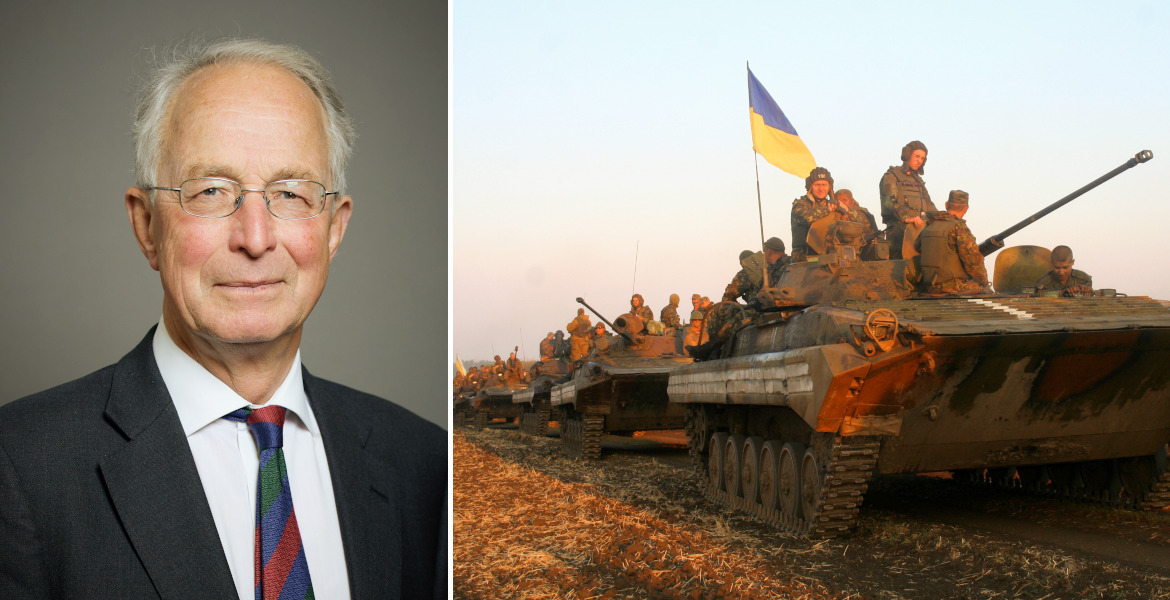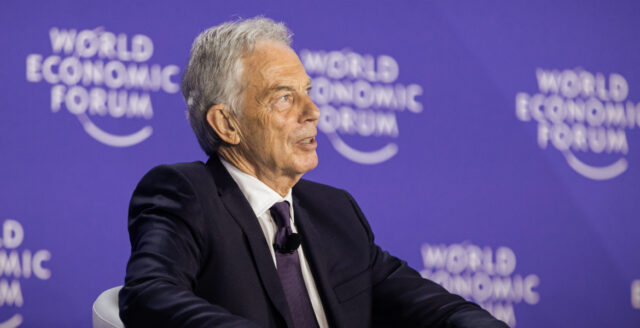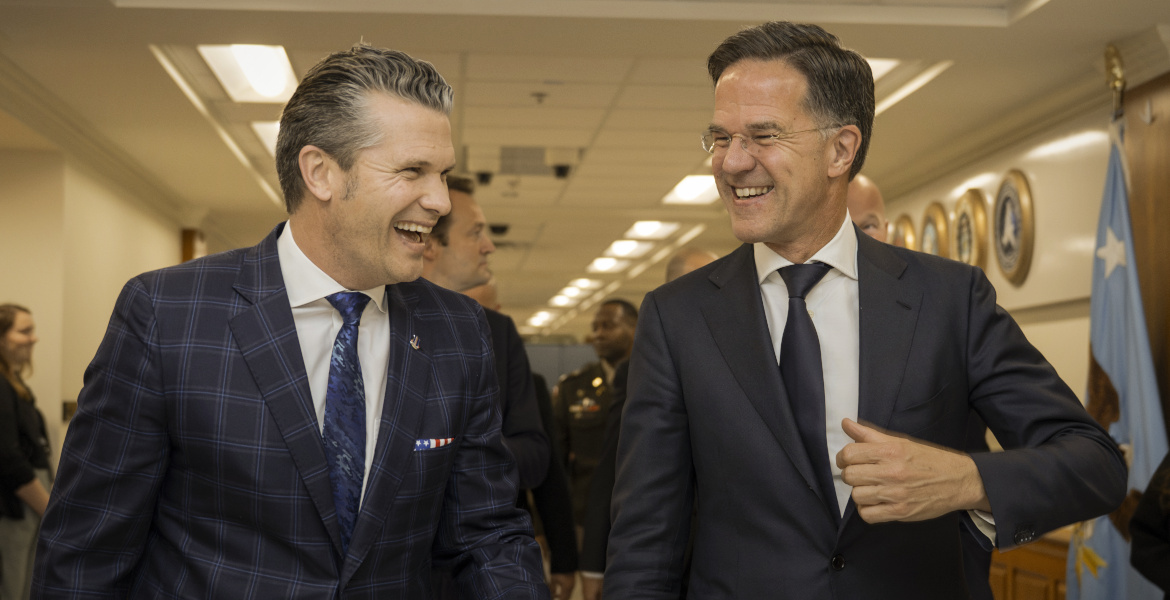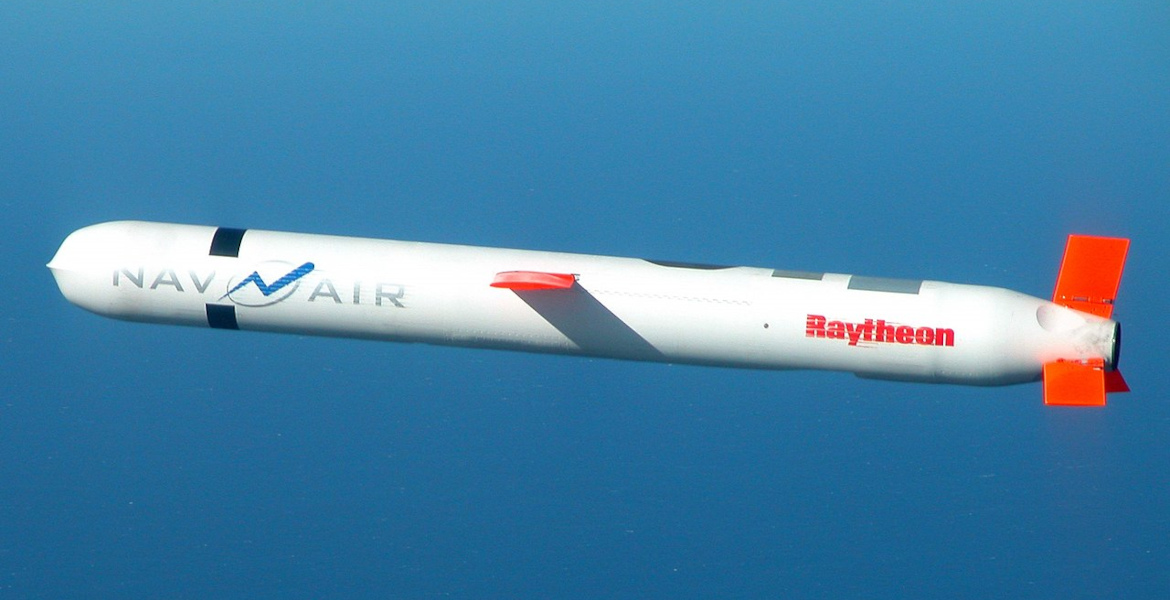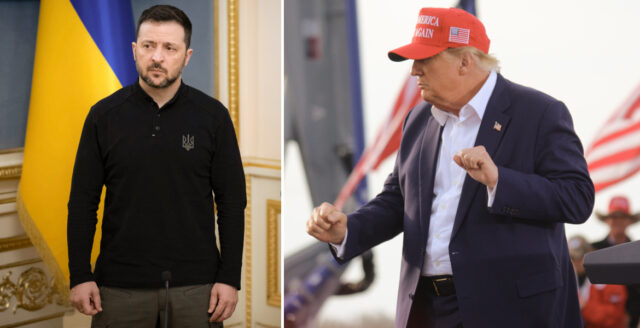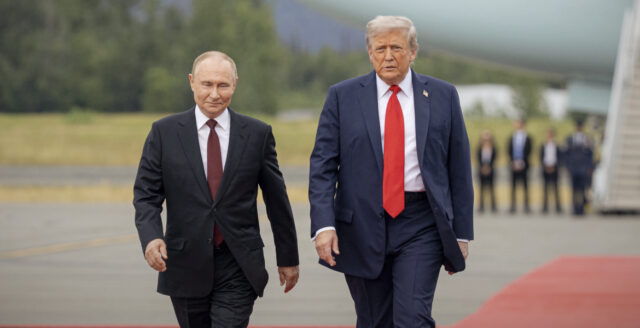Joakim Paasikivi is definitely Sweden’s most famous officer. He is a lieutenant colonel and teacher of military strategy at the Department of War Studies at the Swedish Defence University in Stockholm, but above all he has made a name for himself on television, where he has become a recurring fixture for Swedish television viewers since the outbreak of the war in Ukraine in 2022.
Paasikivi is the great grandson of former Finnish President Juho Kusti Paasikivi. He was born in Stockholm in 1960 to an Estonian mother and a Finnish father, and was also born a Finnish citizen. He therefore did not actually start his military service in Sweden, but in the Swedish-speaking Nylands Brigade in Finland. After applying for and obtaining Swedish citizenship, he later joined the Norrland Dragoon Regiment.
He points out that the military dimension has been present in the family, where his grandfather fought in Finland’s war against the Soviet Union during World War II.
– My grandfather died at the front in 1942. There was an immediacy to reality there, Paasikivi said in an interview with Swedish state broadcaster SVT.
“Been extremely skeptical of the media”
Paasikivi graduated from the Military Academy Karlberg in 1987 and was commissioned as an army officer in the same year, where he was promoted to captain in 1993. In the late 1990s, he served in Svea Life Guards (Svea Livgarde) – a unit based in the Stockholm Garrison in Stockholm which belonged to the King’s Life and Household Troops (Kungl. Maj:ts Liv- och Hustrupper) until 1974. From 2006 to 2018, he worked for the Swedish Military Intelligence and Security Service – MUST, including as head of the Balkan desk and the Malian desk. The prominent role in the media during the Ukraine war has been somewhat unexpected for him.
– I have previously been extremely skeptical of the media in general, especially when you, like me, have worked in organizations where you try to avoid the media, such as at MUST, he says in an interview at the Swedish Defence University.

A criticism he has met is that he has overestimated Ukraine’s military capability in the war and underestimated the Russian forces.
– The Russian invasion force is, to put it bluntly, a disposable army. You will not be able to maintain it because the reinforcements with new personnel are fewer than the losses and the equipment is being removed at an alarming rate. So the Russians, I would argue, are on a slippery slope where they can still make tactical gains in Luhansk and Mariupol, for example, but the Ukrainians have the upper hand in the long run and this will become clearer over time, Paasikivi said in an interview with the Swedish state radio SR in May 2022.
“Think I’ve done pretty well”
Paasikivi gets much of his input via social media, where he also notes that the feedback has sometimes been rather harsh.
– Sometimes there are some who are positive, but it’s a minority. On the other hand, there is always a long line of detractors who say that I have not been right about anything I have said. But, the detractors never give any examples of my alleged misanalyses and that makes me somewhat reassured. Because if they can’t point to any example where I’ve been wrong, I think I’ve done pretty well anyway, he says.




